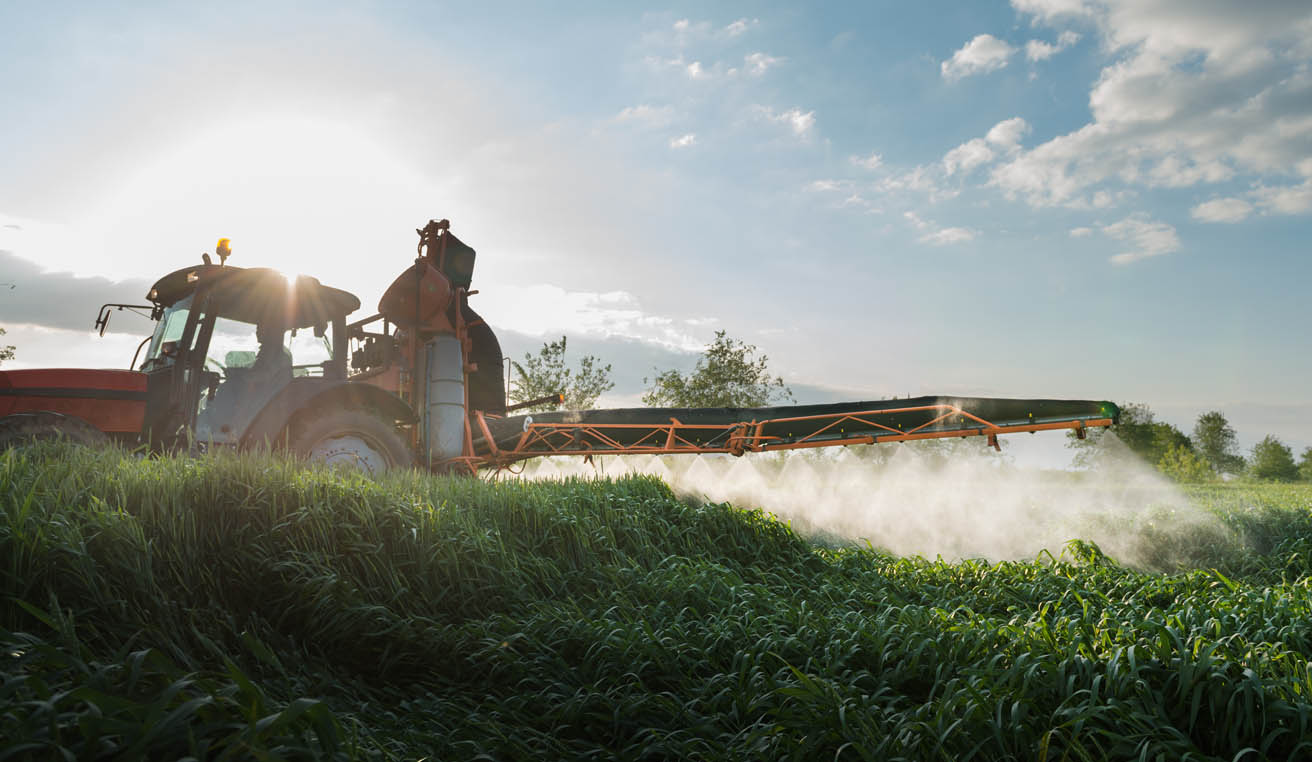Being a farmer is hard enough work in itself without having the added worry of harmful herbicides that could potentially cause serious health problems. But unfortunately, this is the hard reality that many commercial farmers have to deal with.
You already know that on a farm, you have to anticipate problems with your harvest occuring at any stage of the growing cycle. And this could mean making preparations for storms, freezing temperatures, heavy ice and snow, or for any other factor that may be imminent. But controlling invasive weeds is also a factor that you have to consider.
Commercial herbicides can be extremely harmful to you, your workers, and your crops as well in some environments. So how do you keep your crops safe without using commercial herbicides?
Natural herbicides offer the safest alternatives. And their application can be just as easy as with chemicals. Here, we’ll explore a few reasons why you need to be using natural herbicides on your farm.
Serious Health Risks
Perhaps the biggest problem with using commercial chemical herbicides is the huge health risk that can occur if you or your workers are exposed to the chemicals. And even in small home gardens, chemical herbicides can also pose serious health risks.
For humans and animals, chemical herbicides can cause significant health concerns if the substance is inhaled, ingested, or if it comes in contact with the skin. And some health issues that can occur are as follows:
- Reproductive issues
- Developmental issues
- Liver and kidney damage
- Cancer
- Complications during pregnancy
- Skin problems
- Respiratory issues
Commercial herbicides contain a variety of chemicals, and many have been related to an increased probability of developing cancers and other diseases. For example, the herbicide Paraquat has been linked to the development of Parkinson’s Disease. And if you feel that you, a family member, or a worker of yours has developed any related symptoms after being exposed, you should contact Rosenfeld Injury Lawyers and consider filing a lawsuit.
Persistence in the Soil
Believe it or not, but many commercial pesticides are so effective that they can persist in the soil for years after an initial application. And this can have serious impacts on future uses of the soil and for future crop growth.
While some soil persistence may be considered beneficial if you want to keep your weed or invasive plant growth under control, this also may cause a huge problem for crop rotation. And this is simply because some crops cannot flourish in soils that have herbicides present.

Additionally, if overuse or improper application timing occurs, herbicides can become saturated in the soil and these chemicals will be taken into the plants via water. And this can correspondingly ruin an entire crop.
Harmful Impacts on Aquatic Life
All waterways such as rivers and streams carry runoff from farmland which can include a variety of sediment and other materials present in soils. In a watershed environment, all of the herbicides used in a given area will eventually runoff into these streams and rivers, and this can have huge impacts on aquatic life.
The main problem here is the effect that herbicides have on the water. And as most chemical herbicides are not intended for aquatic use, significant reductions in aquatic populations have resulted over time due to the use of commercial herbicides.
Additionally, the eventual runoff of a watershed ends up polluting larger bodies of water such as the Gulf of Mexico. For example, near the mouth of the Mississippi River, a hypoxic environment has formed largely due to the river runoff that contains harmful chemicals from farmland.
Natural Alternatives
Using natural alternatives for herbicide such as solutions of salt and vinegar are the best methods for not only keeping yourself and your workers safe, but to help keep the soil along with aquatic environments healthy as well.
Just as you can use large scale commercial sprayers for applying chemical herbicides, you can also produce large quantities of saltwater or a vinegar, salt, and water solution for keeping harmful invasive weeds at bay.
Additionally, liquid dish soap also contains properties that can kill weeds while keeping any animals or humans safe from harm. Simply by applying these solutions in a strategic manner can not only keep your crops safe from invasive weeds, it can keep you, your family, and your workers safe as well.
Keeping yourself, your family, and your workers safe on your land should be a top priority. And instead of using harmful chemical herbicides that can have significant health and environmental consequences, using natural alternatives will prove to be a sound strategy.






